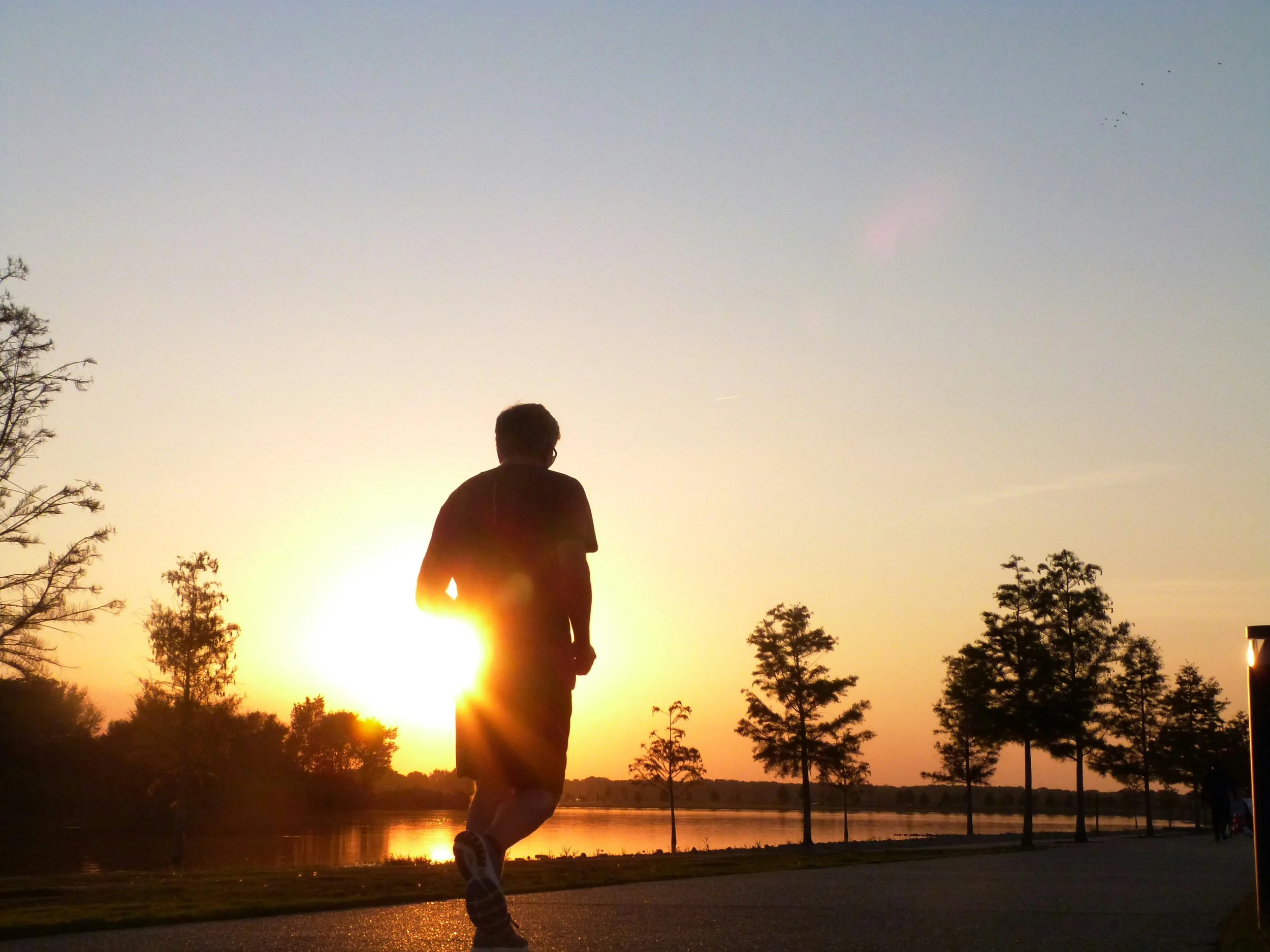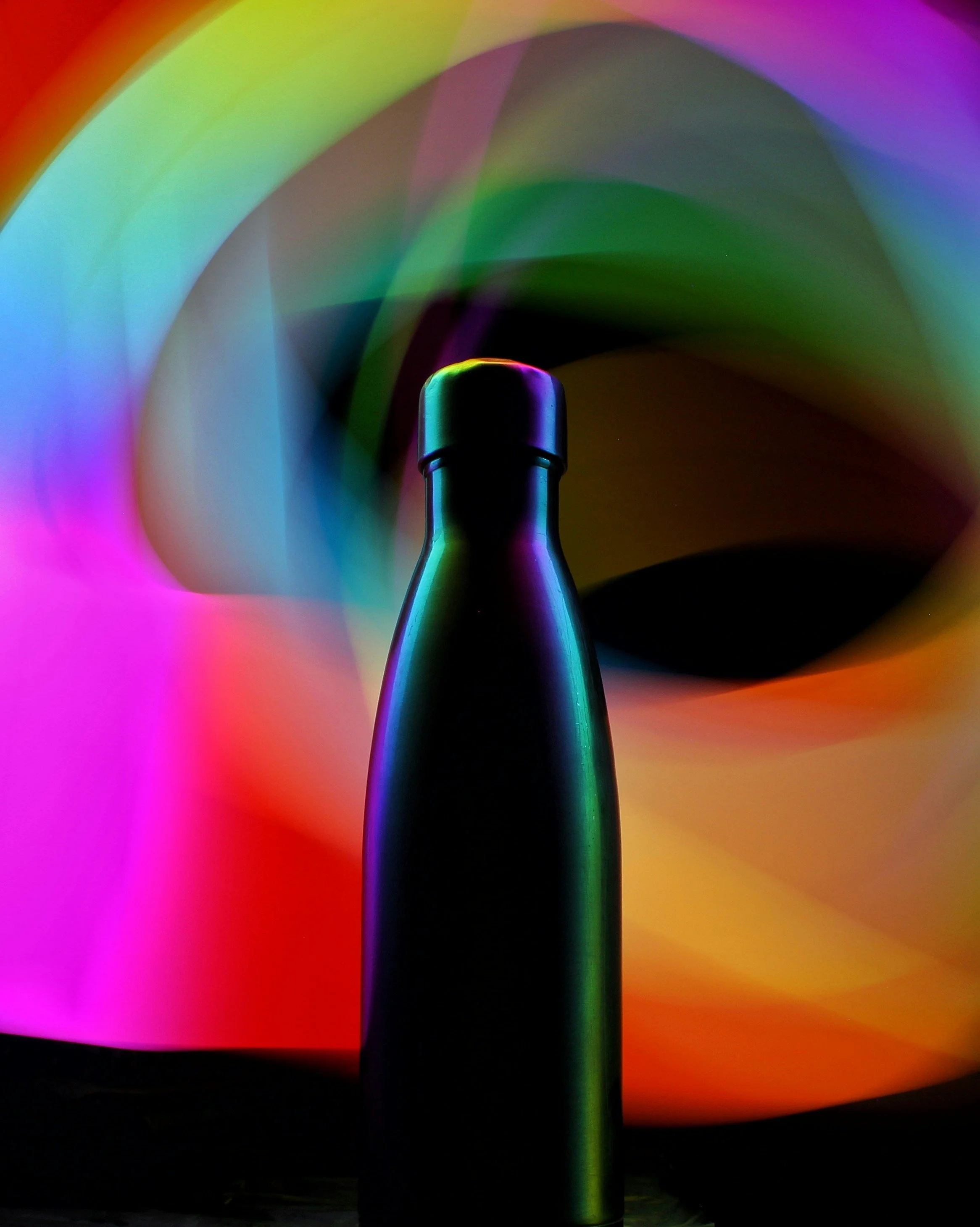
Stop Waiting for a Sign: How to Build Meaning (and Guard Your Life) Without Magic
Coincidences feel like winks from the universe. “Find your passion” promises a perfect fit. Both can keep us stuck. Meaning isn’t discovered; it’s developed. Passion isn’t a soulmate; it’s a relationship you build through reps, friction, and identity. This essay trades omens for agency: shrink the unit of decision, pick a place, invite one person, and practice consistency. There’s a harm-reduction edge too—daylight plans and shared containers protect queer lives from drift and chemsex pressures. Signs can delight you; they just don’t get to steer.

The Companionship Effect: Why Doing Life With People Beats Hustle, Hacks, and Heroics
Most self-help advice is a solo sport: get up earlier, grind harder, optimise smarter. But a huge time-use study shows something simpler—and kinder: almost everything feels better when you don’t do it alone. From co-working to co-errands to low-key “parallel play,” shared rhythms lift mood, make habits stick, and protect mental health (especially for queer folks navigating loneliness or chemsex pressures). This piece swaps lone-wolf optimization for social fitness—tiny, repeatable touch points that make ordinary weeks easier, lighter, and more human.

The Mindful Miles: How Exercise Teaches Us to Slow Down, Breathe, and Be
Exercise doesn’t just strengthen the body - it can quiet the mind. Slowing down into zone 2 running or mindful movement offers a rare stillness in motion, a state where stress eases and presence takes over. This piece explores how mindfulness and exercise intertwine, from scientific evidence on mood-boosting neurochemicals to the lived reality of finding peace through steady effort.

Love, Out Loud (Even When We Disagree)
What if happiness isn’t found in the dream house, the perfect partner, or the algorithm that promises you connection, but in something far less glamorous? A coffee shared with strangers. A difficult truth spoken with kindness. A ritual repeated often enough that it becomes belonging. We think joy is a climax — a wedding, a promotion, a viral moment. But the science (and the stories of ordinary people) keep showing us that happiness is much quieter, more human, and infinitely closer than we realise.

The 4:30 a.m. Club: Why Early Starts + Hard Effort Changed My Brain (and Might Protect Your Health)
Exercise isn’t just “good for you” — it may directly change your blood chemistry in ways that suppress cancer cell growth. We unpack new findings from exercise-oncology, why high-intensity intervals spike helpful myokines, and how resistance work builds the muscle that makes those signals stronger. Add the mental edge of early starts — better mood, cleaner focus — and you’ve got a morning protocol that’s about more than abs; it’s agency. Practical templates included, whether you’re rebuilding or levelling up.

The Partner Plot Twist: What If Dating Isn’t the Main Story?
If every conversation ends with “So, seeing anyone?”—you’re not imagining it. We’re culturally obsessed with coupling, even as apps turbo-charge snap judgments and fuel loneliness. This piece makes the case for stepping off the treadmill: prioritising friendship, purpose, and community over performance dating. With fresh research on swipes, AI “companions,” and why stated preferences rarely match real choices, here’s how to choose connection that lasts—whether or not it leads to a relationship.

The Real-Life Reset
The less time I spend online, the more my life feels like mine — better sleep, warmer friendships, finished projects. Research shows why: screens promise connection but often fuel loneliness. This piece swaps performance for presence, with five “micro-freedoms” to trade screen time for real time (device sabbath, outdoors by default, one ongoing group, embrace friction, host tiny). The algorithm can wait. Your people — including you — can’t.

Dry(ish) Is the New Deep: How Drinking Less (or Not at All) Gave Me My Life Back
I used to outsource confidence to a drink. Quitting didn’t turn me saintly — it made me steadier. With more people rethinking alcohol (and data backing the shift), this is the sober-ish playbook that rebuilt my energy, friendships, and self-respect: morning anchors, clean-fun rituals, social plans that don’t revolve around booze, and a kinder way to “start again.” No preaching — just practical steps for a life that feels like yours again.

The Sleep That Saved My Sanity
For years, I thought I was just tired. In reality, I was unravelling. This is the story of how sleep — real, restorative, fight-for-it sleep — helped kick-start my sobriety, regulate my emotions, and bring me back to a version of myself I actually liked.
